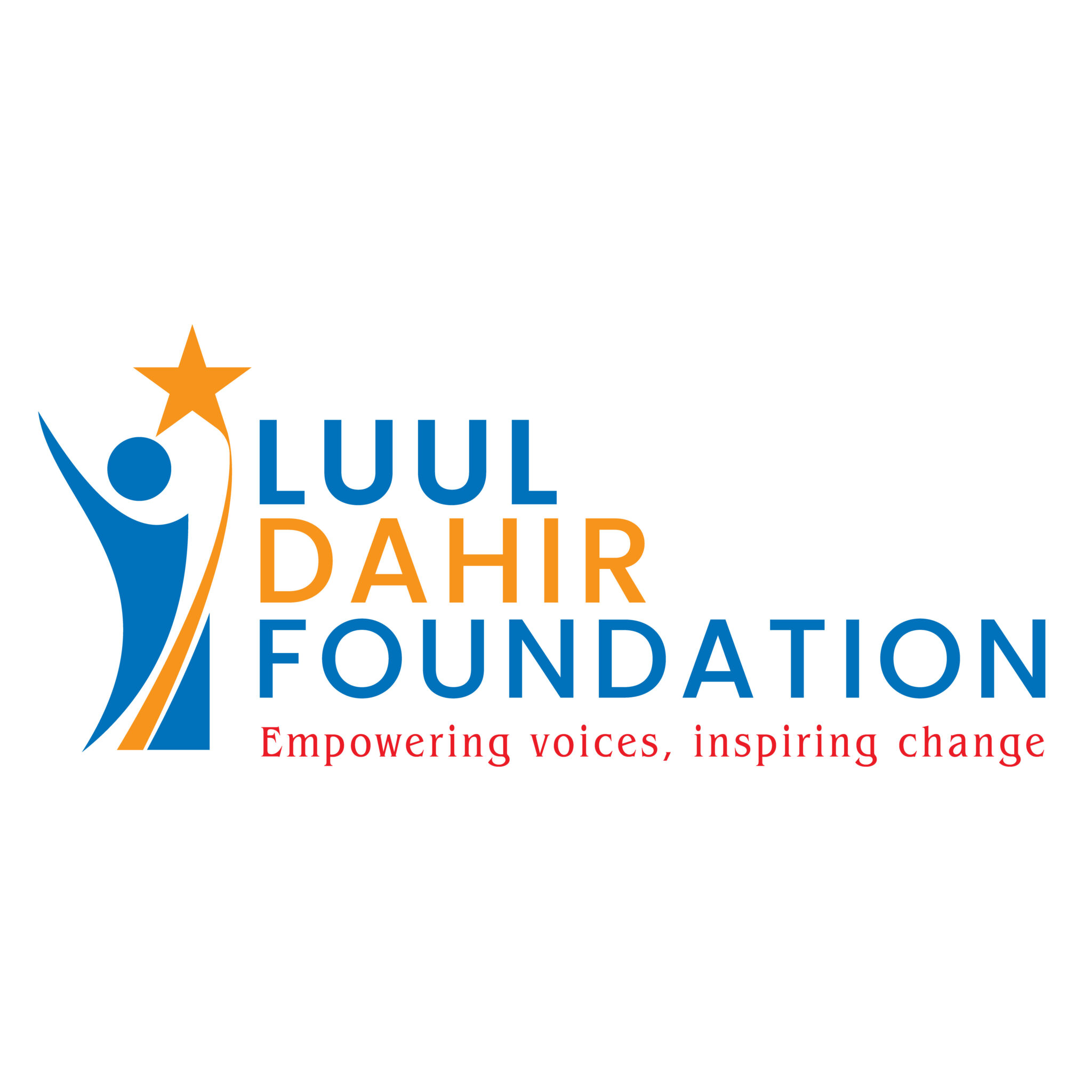A Brother’s Journey for Justice: The Story of Luul Dahir and Mariam
My name is Abubakar Dahir Mohamed. I am writing this as a plea, a memory, and a call for justice. My sister, Luul Dahir Mohamed, and her four-year-old daughter, Mariam, were killed in a U.S. drone strike on April 01, 2018. Their deaths shattered our family and left us with pain, unanswered questions, and an unending fight to be heard.
Who Were Luul and Mariam?
Luul was a vibrant, loving woman. At 22 years old, she had already become the heart of our family—social, kind, and full of laughter. She adored her daughter, Mariam, who shared her mother’s joyful spirit. At just four years old, Mariam was already forming a bond with everyone around her, eagerly running to greet family members whenever they visited.
The love between them was unshakable. Even in death, their bond endured. When my brother found their bodies after the strike, Luul was still holding Mariam tightly in her arms, as if trying to shield her from the horrors around them.
The Day of the Strike
On that fateful day, Luul and Mariam were traveling to see our brother Qasim’ children at small town near Elbur. The car was hit by a U.S. drone strike targeting alleged militants. Against all odds, they survived the initial explosion and fled the vehicle. But as Luul ran for safety, carrying Mariam in her arms, a second missile struck. It killed them both just 50 meters from the original blast site
The U.S. Africa Command (AFRICOM) admitted after one year to killing civilians in the strike but failed to identify the victims as Luul and Mariam. Instead, an officer expressed doubt that their identities could ever be known. This was deeply painful for us, as we had already reached out to AFRICOM and the U.S. Embassy in Somalia, providing them with clear evidence that the victims were our family members.

The Fight for Recognition
For over five years, we have tried to make Luul and Mariam’s names known to the U.S. government. In 2020, AFRICOM introduced a civilian casualty reporting page. Believing this was a chance for justice, I submitted a detailed report. I waited for months but received no response. In desperation, I submitted another report two years later. Again, there was silence
Journalist Nick Turse investigated our story, publishing findings in The Intercept and The Continent. His report revealed that U.S. officials were aware of civilian casualties in the strike but never reached out to the victims’ families. This disregard for Somali lives is not just an injustice to us but a broader failure of accountability in U.S. military operations
The Broader Impact of Drone Strikes
Luul and Mariam’s deaths are part of a devastating pattern. Between 2017 and 2020, U.S. drone strikes in Somalia reportedly killed 68 civilians. Many of these deaths remain unacknowledged. Investigations by Amnesty International and other organizations have highlighted systemic issues in how the U.S. military conducts and reviews strikes, often failing to properly vet targets or assess the harm caused to civilians
This lack of accountability fuels propaganda for al-Shabaab, the militant group the U.S. claims to be targeting. By killing civilians and refusing to make amends, the U.S. inadvertently strengthens al-Shabaab’s narrative that no Somali life is valued by foreign powers
A Family Broken Apart.
The grief in our family is immeasurable. My father has been the most affected. His health has deteriorated to the point where he can barely see, and his constant crying has caused lasting physical harm. His only solace is talking about Luul—her kindness, her dreams, her life.
The burden of seeking justice has fallen on us, her brothers. But every time my father asks about progress, I feel humiliated. How can I tell him that the U.S., which claims to champion human rights and democracy, refuses even to acknowledge our existence?
A Call for Justice
I write this not just as a brother mourning his sister but as a Somali citizen who believes in justice. I have spent over a decade working for the Somali government, contributing to efforts to rebuild our nation and combat al-Shabaab. Yet the U.S. has treated us as collateral damage in its war on terror, disregarding the very people who stand against militancy.
We are not asking for miracles. We are asking for recognition, an apology, and compensation for the lives lost. These small acts of accountability would honor my sister and niece and help prevent other families from enduring the same pain.
Why This Story Matters
Luul and Mariam’s story is not just about a single family’s tragedy—it is about the failure of powerful nations to uphold the values they claim to represent. It is about ensuring that no child, no mother, no family becomes another forgotten victim of war.
For further details on this case and others like it, you can read reports by Sahan Journal (here) and The Intercept (here) or explore advocacy work by the Center for Civilians in Conflict (here).
